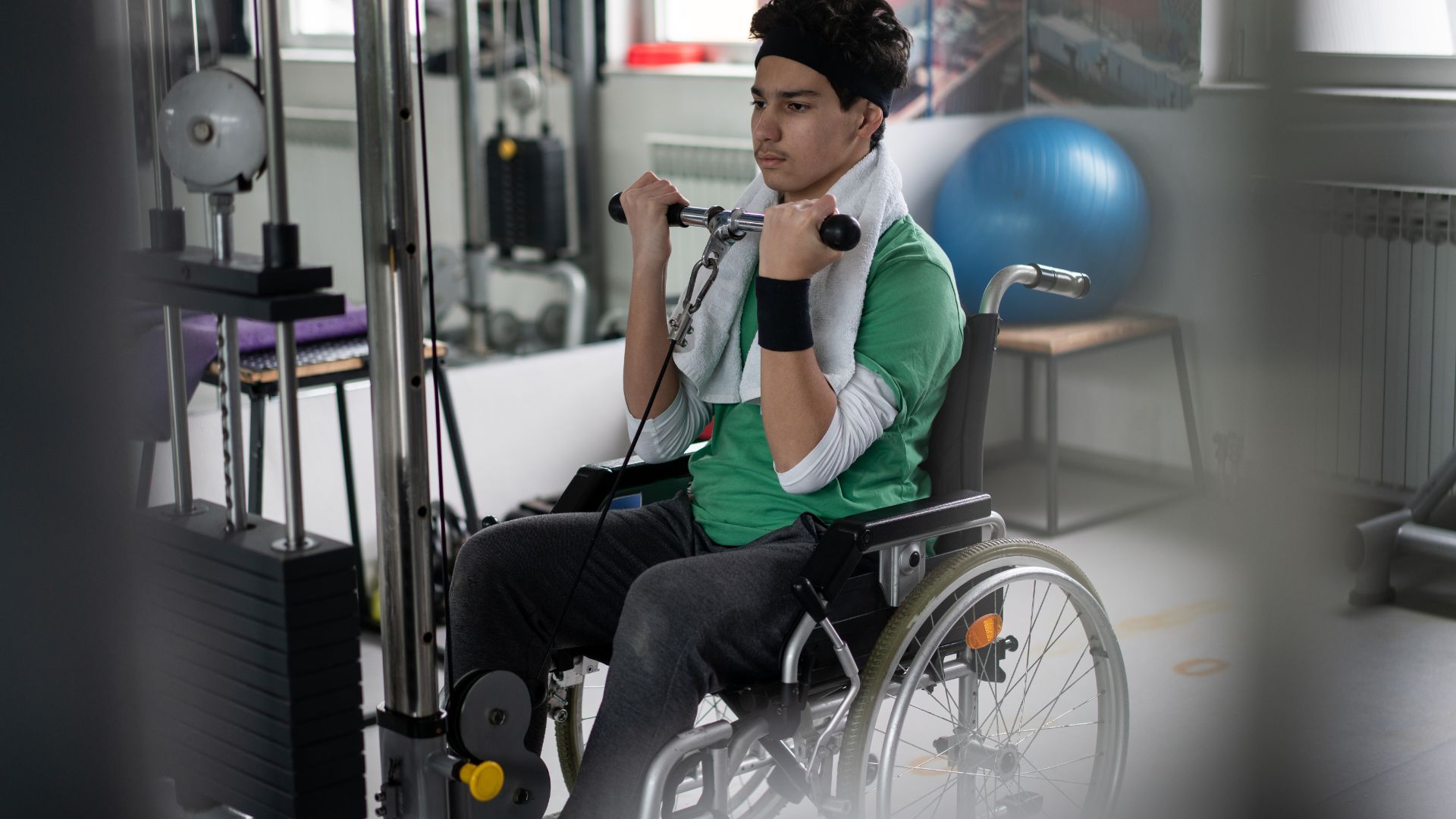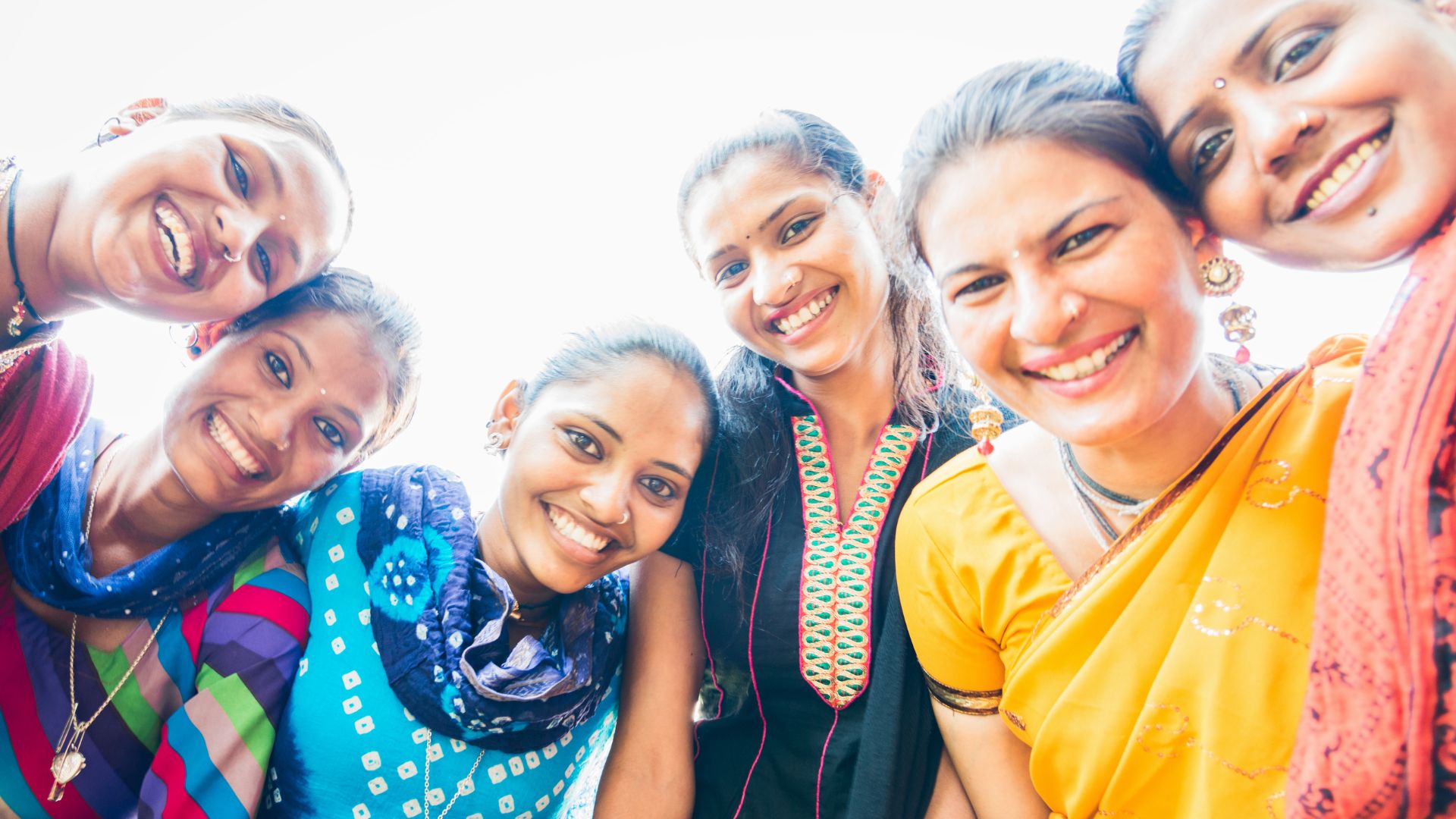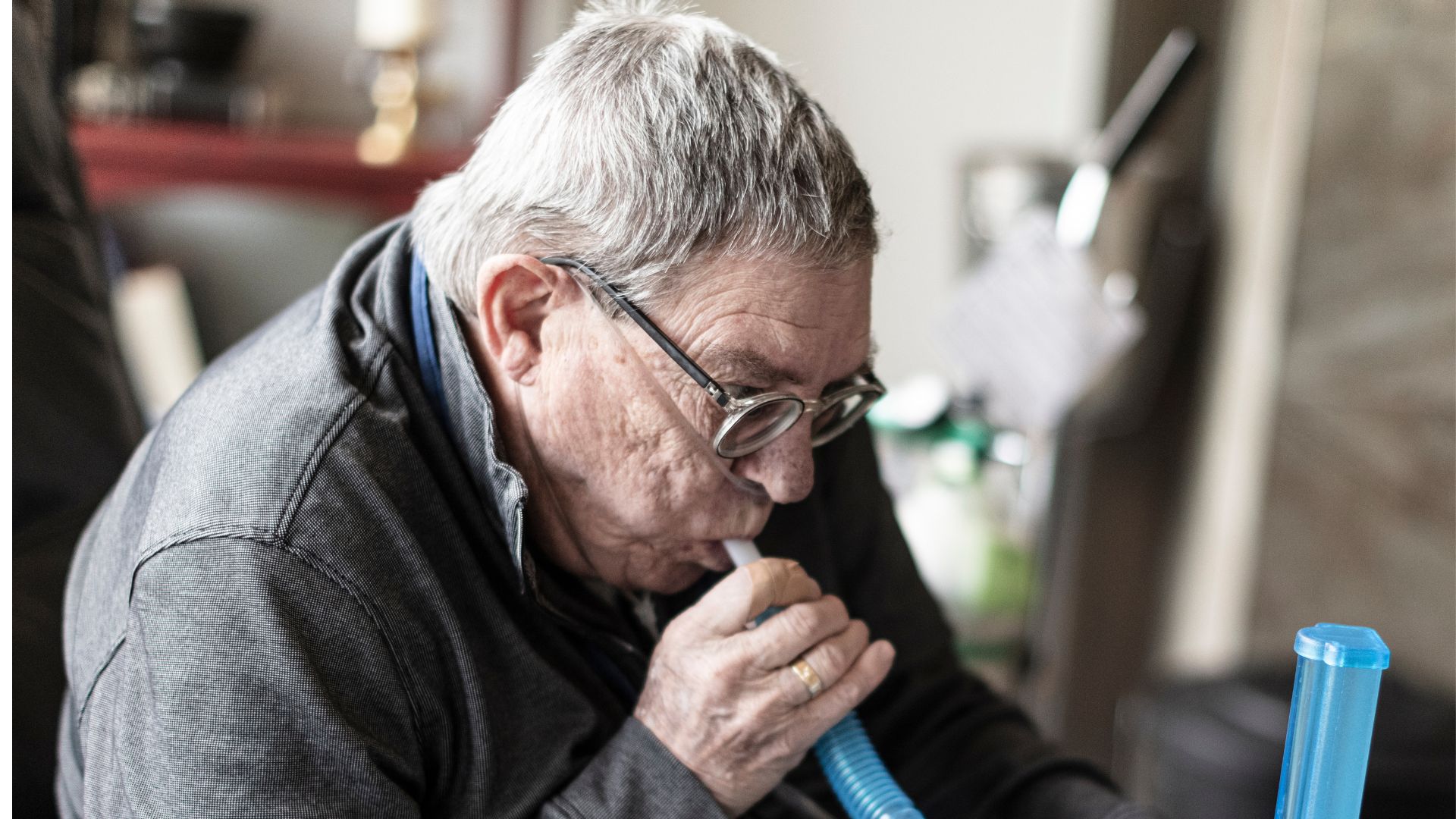Jan 19, 2024
Chronic diseases, such as cardiovascular disease (CVD) and type 2 diabetes (T2D), are prevalent among South Asian populations, including Bangladeshi immigrants in the United States. Despite the high risk, studies exploring chronic disease management practices and health behaviors among this community are limited.
Navigating the Cultural Terrain:
Gendered Norms: Societal expectations of female modesty and domesticity restrict their access to public exercise spaces. Dedicated facilities for women remain scarce, further limiting opportunities for structured physical activity.
Divergent Perceptions: Discrepancies between genders emerge in the conceptualization of "exercise." Women primarily view daily activities and domestic duties as fulfilling this role, while men tend to associate it with formal, planned routines for fitness improvement.
Religion and its Interplay: Religious beliefs offer both challenges and motivations for physical activity. While cultural norms discourage public exercise for women, the act of namaz (ritual Muslim prayer) is widely perceived as a form of exercise due to its inherent movements.
Key findings revealed cultural and religious beliefs as significant barriers to physical activity. Both men and women expressed that cultural norms deemed it inappropriate for women to engage in public physical activity. Religious activities, particularly namaz (ritual Muslim prayer), were considered a suitable form of exercise.
Gender Differences
Divergent views on physical activity and exercise emerged between men and women. Women associated domestic responsibilities with exercise, while men made a clear distinction between daily activities and structured exercise. Younger men engaged in sports and gym activities, emphasizing the importance of tailored interventions.
Paving the Path to Positive Change:
Walking as a Gateway: Both men and women view walking as an acceptable and accessible form of exercise, offering a potential entry point for promoting physical activity across genders.
Reclaiming the Narrative: Reframing the distinction between structured exercise and daily physical activity empowers women to acknowledge the movement inherent in their routines and appreciate its health benefits.
Leveraging Religious Practices: Integrating health promotion messaging with spiritual values strengthens resonance within the community. Acknowledging the role of namaz in promoting physical well-being could be leveraged to encourage further movement.
Addressing Dietary Considerations:
Rice: Rice represents a crucial element of the Bangladeshi diet, and significantly reducing its consumption is deemed culturally unacceptable and impractical for many.
Shifting Ideals of Body Size: Views on ideal body weight and size vary within the community. While some associate obesity with negative health consequences, others perceive it as a marker of prosperity and beauty. These evolving perspectives require culturally sensitive approaches to address weight management.
Translating Knowledge into Action:
Culturally Tailored Interventions: Public health initiatives must be sensitive to the specific cultural and religious norms of the Bangladeshi community. Interventions should incorporate strategies like in-home exercise programs for women, activities that align with walking as an acceptable form of movement, and messaging that acknowledges the importance of both namaz and structured exercise.
Embracing Cultural Agility: Cultural norms are not static. Public health professionals should recognize the evolving landscape of perceptions and tailor approaches accordingly, remaining flexible and open to adaptation.
Lessons Beyond Borders: These insights extend beyond the Bangladeshi community, offering valuable lessons for developing culturally appropriate interventions for other immigrant populations and Muslim groups facing similar challenges.
Implications and Intervention Strategies
The study's findings informed the development of culturally appropriate interventions, including an in-language exercise DVD for Bangladeshi women. Acknowledging the intersection of spiritual and physical health, interventions should emphasize the importance of both religious activities and structured exercise.
Tailoring Health Promotion for Immigrant Communities
This blog sheds light on contextual factors influencing physical activity and weight management among Bangladeshi immigrants. The culturally informed interventions developed have broader implications for addressing health disparities in immigrant populations, emphasizing the need for tailored strategies in preventing obesity and chronic diseases.

































































